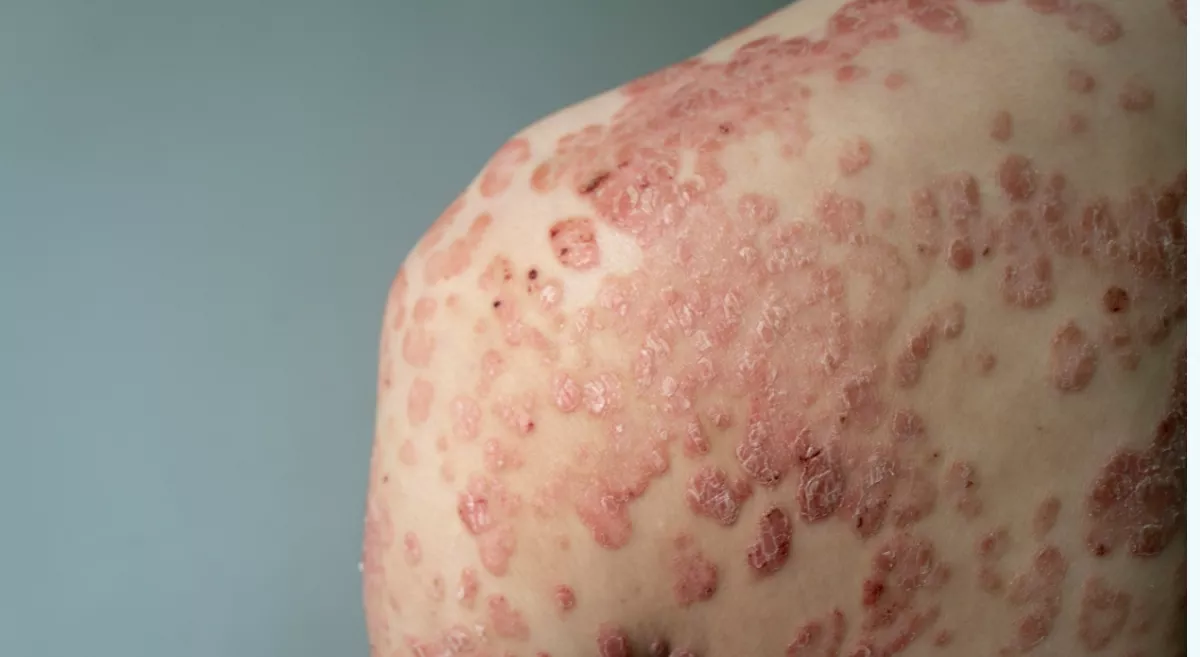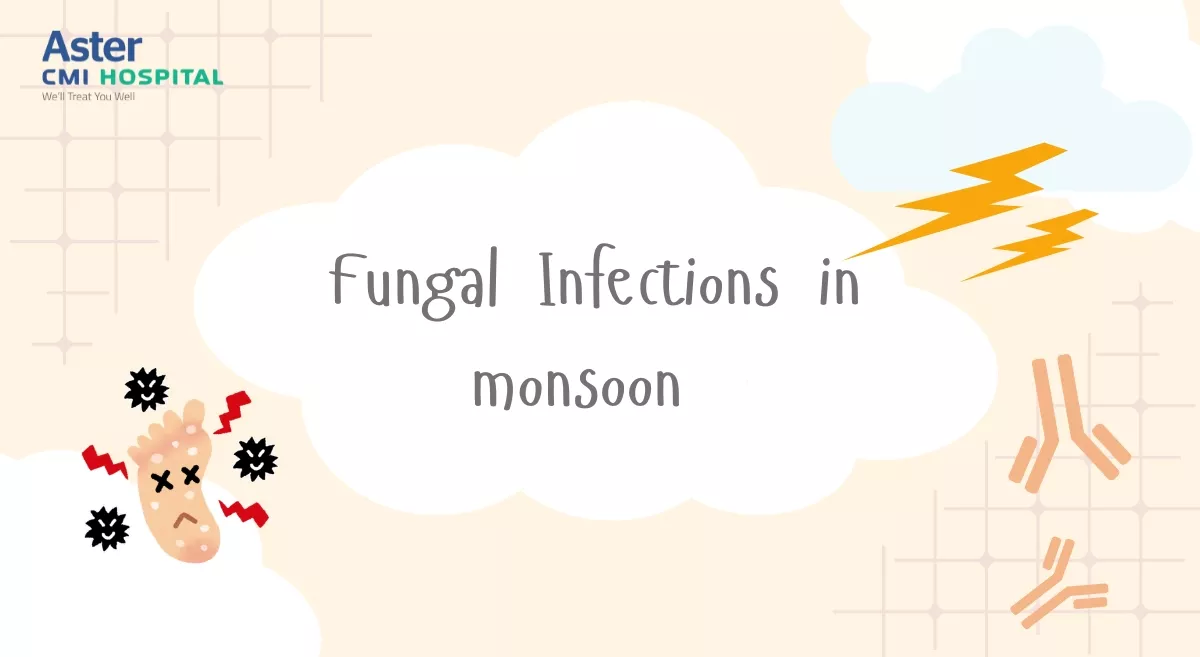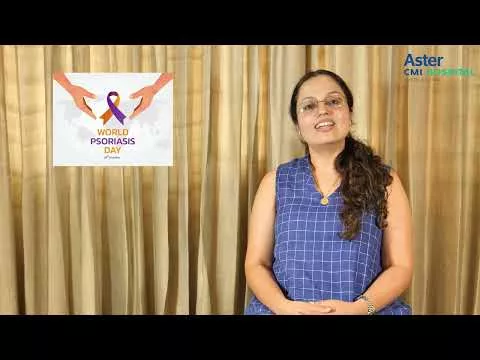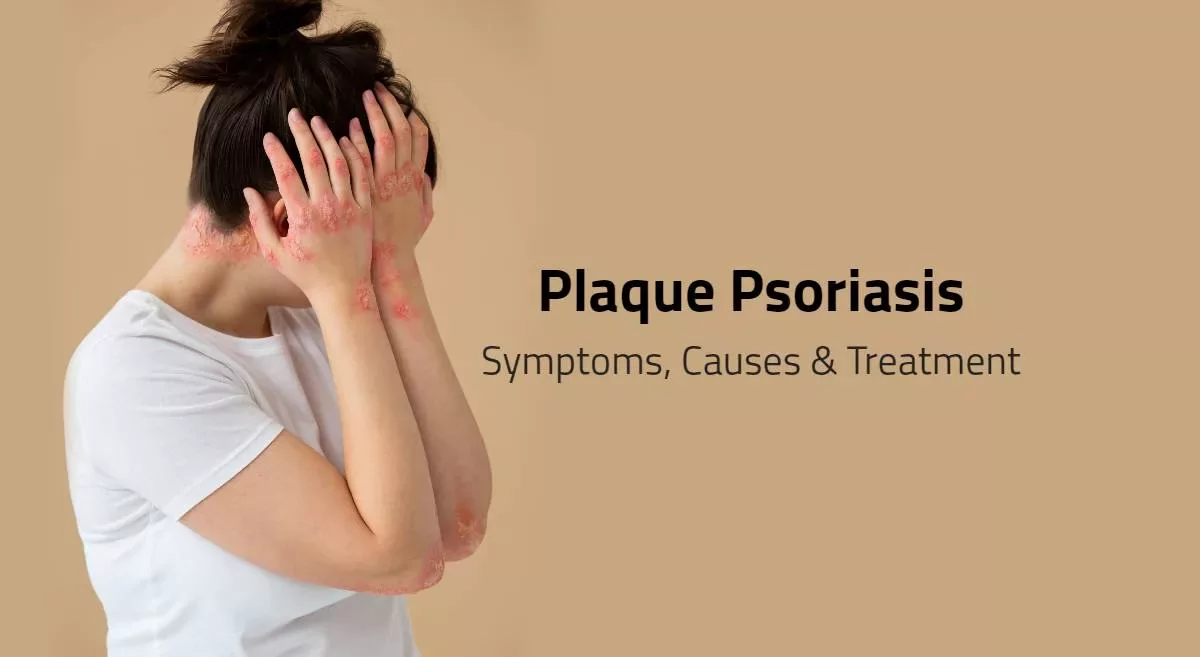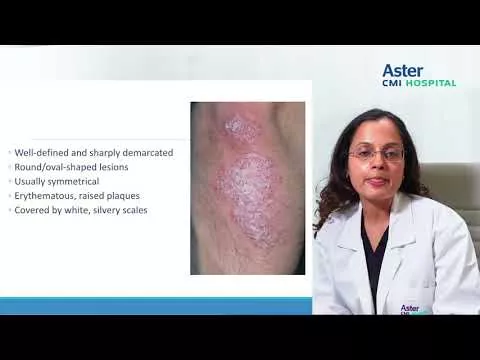Psoriasis is a chronic autoimmune condition that causes the rapid buildup of skin cells, leading to scaling on the skin’s surface. It is not just a cosmetic problem but a lifelong condition that affects many individuals worldwide. The skin gets red, inflamed, and has itchy patches of silvery scales, causing a lot of pain. Although psoriasis's exact cause is unknown, it is an interplay of genetic, immune system, and environmental factors.
World Psoriasis Day is celebrated on October 29th every year, to raise awareness about this condition, advocate for better access to treatment, and support its millions of sufferers. The theme for this year is "Family," as it underscores the strong role that people play in families in taking care of someone suffering from psoriasis and draws attention to the role that family support plays in the management of chronic conditions.
What Causes Psoriasis?
Psoriasis is caused when the immune system mistakenly attacks healthy skin cells. In the normal cycle, cells in the skin grow inwardly, deep into the skin, and move towards the outer surface of the skin over about one month. For persons suffering from psoriasis, it takes only a few days because the immune system is in overdrive and therefore produces more new cells than normal. This results in a buildup of cells that form the characteristic scales and patches.
The following things could act as triggers and cause psoriasis:
- Stress: Psychological and emotional stress can affect psoriasis, resulting in flare-ups.
- Infections: Strep throat, skin infections, or other conditions may precipitate a flare-up.
- Cold Weather: Prolonged cold weather makes your skin dry, which exacerbates the condition.
- Skin Injury: A wound, scrape, bug bite, or severe sunburn may induce the condition in certain parts of the body.
- Medications: Some medications, such as beta-blockers or lithium, may trigger or worsen symptoms.
Types of Psoriasis
There are several forms of psoriasis, each with its own distinct symptoms and treatment approaches:
- Plaque Psoriasis: The most common form, characterized by dry, raised, red skin covered in silvery-white scales. These patches typically occur on the elbows, knees, and scalp.
- Guttate Psoriasis: Appearing as small, drop-shaped sores, guttate psoriasis is often triggered by a bacterial infection like strep throat and is more common in children and young adults.
- Inverse Psoriasis: This type manifests as smooth patches of red, inflamed skin, typically occurring in skin folds such as the groin, armpits, and under the breasts.
- Pustular Psoriasis: Rare but severe, pustular psoriasis causes widespread pus-filled blisters and can be accompanied by fever, chills, and fatigue.
- Erythrodermic Psoriasis: A very serious, life-threatening type that covers large portions of the body with a red, peeling rash that can cause intense itching or burning.
- Psoriatic Arthritis: This form not only affects the skin but also leads to joint pain, stiffness, and swelling, resembling rheumatoid arthritis.
The Impact of Psoriasis on Daily Life
Patients with psoriasis face considerable difficulties not only with their visible skin symptoms but also with psychological and emotional challenges. People suffering from psoriasis feel embarrassed and frustrated and sometimes become isolated due to the appearance of their skin.
In severe cases, the condition can prevent patients from conducting their daily activities, limit physical activities, and result in low self-esteem. For many patients, the itchiness and pain are so constant that they cannot sleep, concentrate on their work, or have an active social life. Psoriasis also leads patients to have increased risks of developing other health conditions such as cardiovascular disease, diabetes, and depression.
The Role of Family in Psoriasis Management
One of the most powerful tools in managing psoriasis is family support. Psoriasis doesn’t just affect the person with the condition; it often impacts their family as well. Families play an important role, from helping with daily care routines to providing emotional support during flare-ups. The theme of this year's World Psoriasis Day focuses on how families can help alleviate the burden of this chronic condition. Family support can make all the difference to successful treatment, reduction of stress, and overall well-being.
That is because families provide:
- Emotional Support: Support from family members who love and accept you may decrease loneliness and depression.
- Physical Assistance: Flare-ups are extremely painful and immobilizing. Family may help with applying medicine, assisting in skincare, or performing daily activities.
- Advocacy: Families can accompany individuals to medical appointments, advocate for better treatment options, and stay informed about the latest advances in psoriasis care.
Treatment Options for Psoriasis
While there is no cure for psoriasis, various treatment options can help manage symptoms. The goal of treatment is to reduce inflammation, slow down the production of skin cells, and clear the skin of scales. Common treatment methods include:
- Topical Treatments: Creams, ointments, and shampoos with active ingredients such as corticosteroids, vitamin D analogs, or retinoids are often used for mild to moderate psoriasis.
- Light Therapy (Phototherapy): Exposure to ultraviolet (UV) light can slow down skin cell production and reduce scaling. It’s often used when topical treatments don’t work.
- Systemic Medications: For severe psoriasis, oral or injected medications that target the immune system may be prescribed, including biologics, methotrexate, or cyclosporine.
- Lifestyle Adjustments: Maintaining a healthy diet, reducing stress, and avoiding known triggers can help manage psoriasis. Regular moisturizing is crucial to prevent dry skin and flare-ups, especially in colder months.
Raising Awareness on World Psoriasis Day
World Psoriasis Day, observed on October 29th, is a moment for the global psoriasis community to unite, share experiences, and raise awareness about the challenges of living with the condition. This year’s theme of Family reminds us that while psoriasis can be a lonely journey, the support of loved ones can be life changing.
By educating the public and spreading awareness about psoriasis, we aim to reduce stigma, foster empathy, and encourage medical research for better treatment options. World Psoriasis Day is a time to support not only those affected but also the families who walk beside them.
In conclusion, while psoriasis presents significant physical, emotional, and psychological challenges, the strength found in the family can make all the difference. On this World Psoriasis Day, let’s stand together and support those living with psoriasis, acknowledging the crucial role families play in their well-being.
